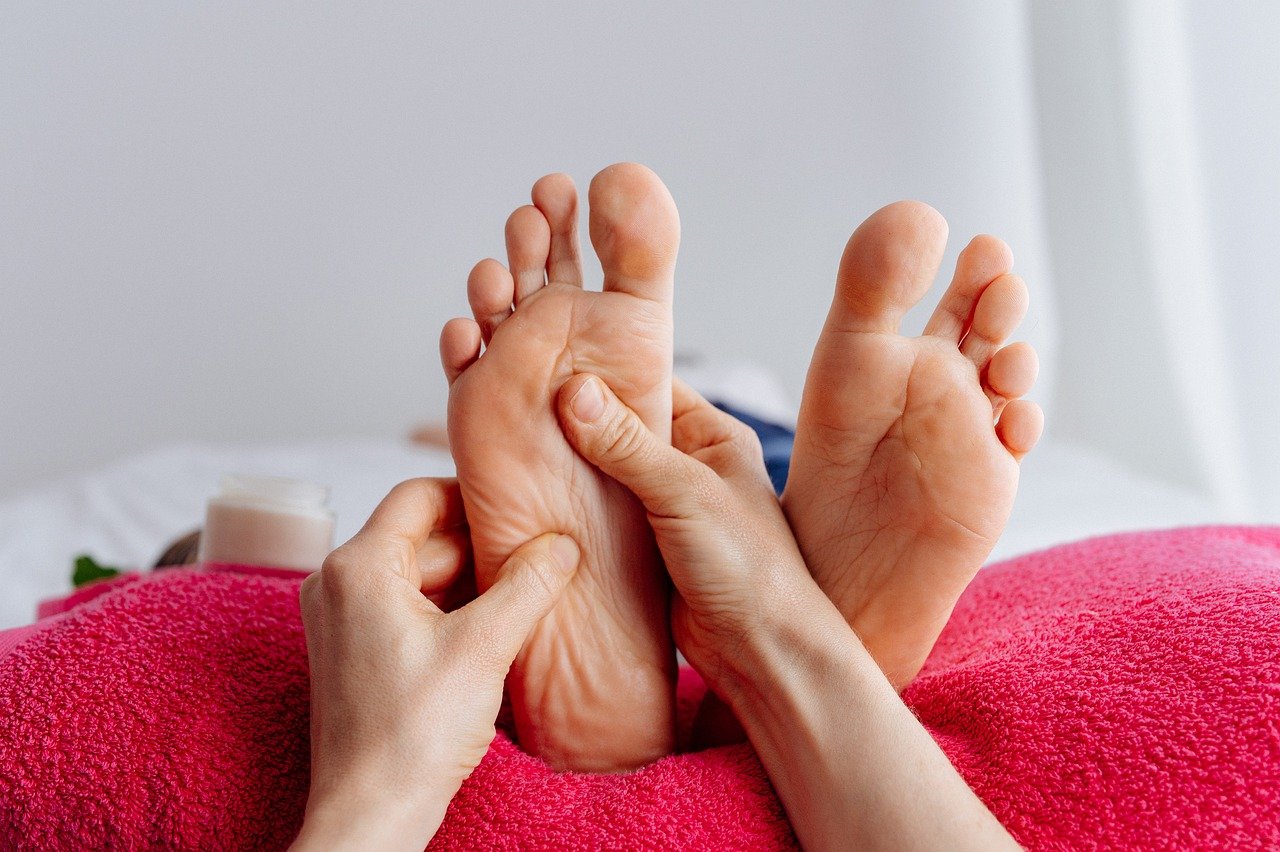
Can Massages Improve Mood ?
The Comprehensive Benefits of Massage Therapy: More Than Just Relaxation
Welcome to a deeper dive into the world of massage therapy, where the focus goes beyond mere physical relief to encompass significant mental and emotional benefits. This post explores how massage therapy is a potent tool for enhancing overall health and well-being, with a special focus on its less-discussed psychological advantages.
Understanding Massage Therapy
Massage therapy is the skilled manipulation of the body’s muscles and soft tissues, including connective tissue, ligaments, and tendons. This practice, rooted in extensive knowledge of human anatomy and physiology, targets both physical and psychological aspects of health. It’s not just about easing muscle tension—massage therapy can fundamentally improve how your body functions and how you feel mentally.
Mental and Emotional Benefits of Massage Therapy
1. Stress Reduction and Improved Relaxation
During a massage, physiological changes occur that significantly reduce stress indicators in the body, such as heart rate, blood pressure, and cortisol levels. This relaxation response can alleviate symptoms of stress and anxiety, which are known contributors to depression and other mental health issues. Studies highlight that even brief massages (10-15 minutes) can induce meaningful changes, making relaxation accessible even for those with demanding schedules.
2. Enhancement of Sleep Quality
The benefits of massage therapy extend into the night. Research shows that massages can improve sleep patterns in individuals from various demographics, including those with sleep disturbances stemming from conditions like insomnia, cerebral palsy, and migraines. By reducing pain and anxiety, massage helps facilitate a deeper, more restorative sleep.
3. Support for Chronic Conditions
Massage therapy offers significant support for those dealing with chronic illnesses by managing symptoms that contribute to the overall stress burden. This form of therapy has been shown to enhance the quality of life without necessarily curing the underlying conditions. For example, regular massages can help reduce the adverse side effects of cancer treatments in children, such as pain, anxiety, and depression, thereby supporting better overall health outcomes.
4. Emotional Well-being and Happiness
Regular massage therapy sessions contribute to increased feelings of well-being by reducing stress and anxiety and by promoting the release of neurotransmitters like serotonin and dopamine. These chemicals are essential for feelings of happiness and calmness. By impacting emotional health positively, massage therapy can improve personal relationships and promote a more positive outlook on life.
Integrating Massage into Health Routines
Incorporating massage therapy into one’s health regimen isn’t just about dealing with existing problems—it’s about preventive care. Regular massages can maintain the body’s homeostasis and potentially prevent the development of stress-related conditions. It’s an investment in long-term health, offering benefits that extend beyond the immediate relief of sore muscles.
Massage therapy is a valuable component of a comprehensive approach to health, capable of addressing both physical and mental aspects. By understanding and utilizing these benefits, individuals can significantly enhance their quality of life, proving that massage therapy is much more than a luxury—it’s a vital part of maintaining personal wellness.







